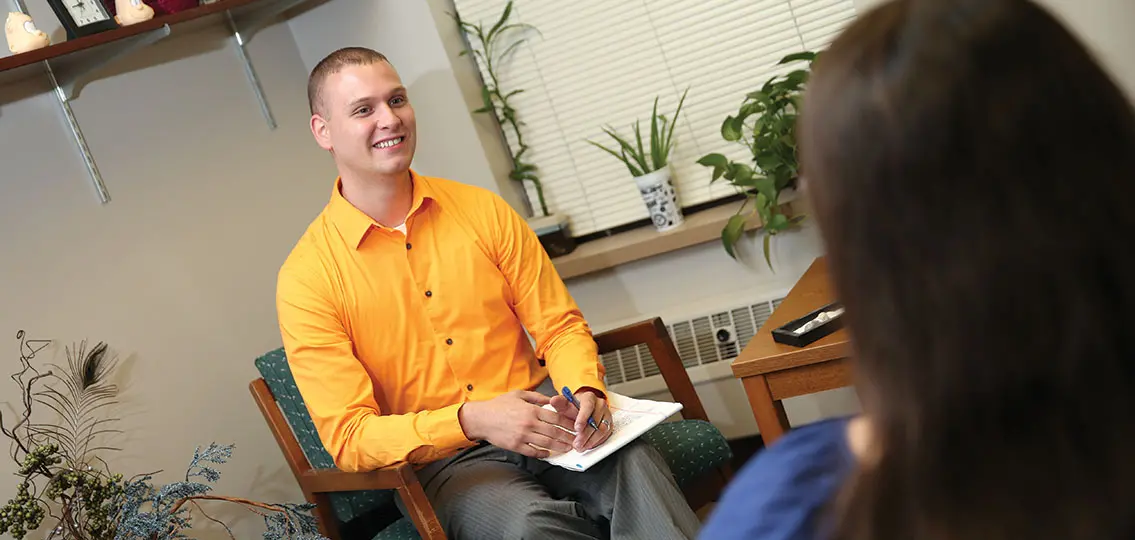Recently, when my daughter told me her medication was running out, instead of reaching for the phone to call the pharmacy like I’ve done for the past four years, I spent the next 10 minutes teaching her how to call in a refill request herself.


Stefani Hathaway, psychologist at Bowling Green State University, recommends that parents talk to their students about mental health well ahead of time, because there are so many changes associated with going to college.
“Parents are in the unique position to be able to help their students prepare for managing mental health because they know their student best,” says Hathaway. “Solutions that might work really well for one student wouldn’t help another student. Parents are likely to know what parts of college may be challenging for their child.”
[adrotate banner=”31″]Brian Doane, a psychologist at Tampa Bay Counseling Services, helps many college students with this transition. He recommends parents have honest conversations with their kids and create a plan for managing stress.
“It’s natural for new college students to have some worry about living away from home. There are more rigorous academic expectations, and they’re meeting new people,” says Doane.“If the teen has a history of mental health concerns like anxiety or depression, it’s very possible this transition may be even more difficult.”
Prepare Teens Now to Handle Mental Health in College
Here are five ways parents can help their teens learn to manage their mental health while at college:
1. Discuss (and model) healthy routines.
“Parents can talk to their students about getting adequate sleep, eating healthy, and knowing when they are sick,” says Hathaway. “It’s also important to talk about the fact that many people get stressed and overwhelmed in life. Make sure that your teen knows that seeking help is okay.”
2. Begin having your student manage medications during their last years of high school.
Your child can call the pharmacy and be responsible for taking their own medication with your support and supervision. Your student should get used to taking medication on their own by setting reminders on their phone or using a smart pill box, which uses Bluetooth technology to track whether medication has been taken that day and sends a reminder if not. If your student takes a controlled substance, such as ADHD medications, consider purchasing a small safe to make sure that their medications remain secure.
3. Talk to your teen about giving you permission to obtain health information.
Once your teen is 18 years old, you will no longer be able to speak with their doctors about health or mental health issues without legal forms. Ask your teen to sign a HIPAA form, which allows you to get information over the telephone and in person, as well as a medical power of attorney so that you can make medical decisions if your child is incapacitated. The forms vary by state; check online or with an attorney to determine which forms you need.
4. Look at available campus resources with your teen.
When a new college student becomes overwhelmed, they may have difficulty seeking out the resources available on campus. Hathaway recommends sitting down with your student and looking through the college website to find different types of support available at their school, such as student wellness, mental health services, and academic tutoring. You can often find the information on webpages titled “Student Services” or “Student Life.”
5. Help your student find a therapist at school.
If your teen currently sees a therapist at home, talk with them about also finding someone to see at school. By setting this up ahead of time, your student can continue with the progress made with their current therapist and have someone to talk with if they get into a crisis. It’s also a good idea for them to continue to see their therapist at home over breaks as needed. Some therapists even offer the option to talk by Skype while the student is at school.

By taking the time now, your student will arrive on campus with the information they need to stay well—both mentally and physically—while also succeeding academically.




